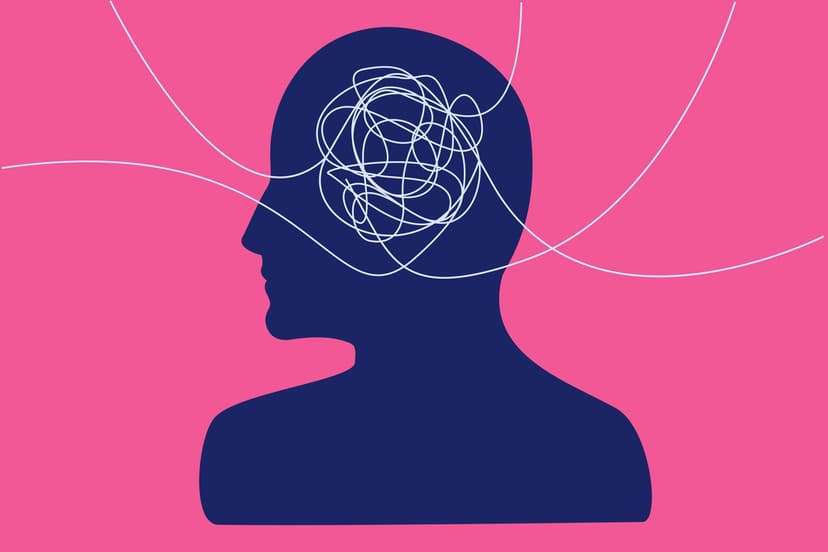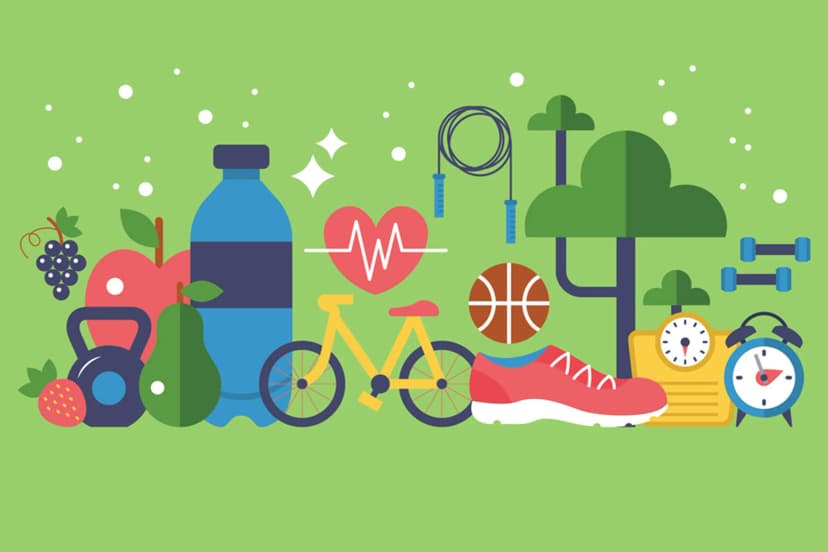Introduction
Student life brings unique pressures: academic demands, social dynamics, future uncertainties, and often financial concerns. While some stress is normal and even motivating, excessive or chronic stress impairs performance, damages health, and reduces quality of life. Understanding how to recognize, manage, and reduce stress is essential for both academic success and personal well-being.
The good news is that stress management is a learnable skill. The techniques that help you cope with academic pressure now will serve you throughout your career and life. Building these capabilities is as important as any subject you study—perhaps more important, because your mental health affects everything else you do.
Understanding Stress and Anxiety
Stress is your body's response to demands or threats. In small doses, it sharpens focus and boosts performance—the heightened alertness before an exam or presentation. But prolonged stress exhausts your physical and mental resources, leading to burnout, anxiety, depression, and physical health problems.
Anxiety is the feeling of worry, nervousness, or unease. While related to stress, anxiety often focuses on future events and possibilities. Exam anxiety, social anxiety, and generalized worry are common among students. Like stress, some anxiety is normal and adaptive; excessive anxiety interferes with functioning.
Recognize your stress signals. People experience stress differently—some get headaches, others have stomach issues, some feel irritable or have trouble concentrating. Learn your personal indicators so you can address stress before it becomes overwhelming. Common signs include sleep disturbances, appetite changes, difficulty focusing, increased illness, and mood shifts.
Understand that seeking help isn't weakness. Mental health challenges are common, treatable, and nothing to be ashamed of. Just as you'd see a doctor for physical injuries, seeking support for mental health is responsible self-care. Most campuses offer counseling services specifically because student mental health needs are real and important.
"You don't have to control your thoughts. You just have to stop letting them control you."
— Dan Millman, Author and Life Coach
Preventing Stress Before It Starts
Structure and routine reduce stress by creating predictability. Regular sleep schedules, consistent study times, and planned breaks help your body and mind function optimally. When life feels chaotic, maintaining basic routines provides stability.
Time management prevents the stress of last-minute cramming and missed deadlines. Plan ahead, break large projects into manageable tasks, and maintain a calendar of commitments. Feeling in control of your schedule significantly reduces anxiety.
Set realistic expectations for yourself. Perfectionism increases stress without improving outcomes—striving for excellence is healthy, demanding perfection is not. Recognize that mistakes and setbacks are normal parts of learning. Give yourself permission to be imperfect.
Maintain balance between academics and other aspects of life. Students who only focus on schoolwork often experience more stress than those who make time for exercise, social connection, hobbies, and rest. These activities aren't luxuries competing with academic success—they're essential supports for it.
Active Coping Strategies
Physical exercise is one of the most effective stress reducers. It releases endorphins, improves sleep, boosts mood, and provides mental breaks. You don't need intense workouts—walking, yoga, dancing, or any movement you enjoy helps. Aim for 30 minutes most days.
Mindfulness and meditation help you stay present rather than worrying about the future or ruminating on the past. Even brief daily practice—five minutes of focused breathing—reduces stress reactivity and improves emotional regulation. Many apps and campus programs teach these techniques.
Social connection buffers against stress. Talk to friends about what you're experiencing. Often you'll discover others feel similarly, which normalizes your experience and reduces isolation. Strong social support networks are among the best predictors of mental health and resilience.
Healthy boundaries are essential. Learn to say no to commitments that don't align with your priorities. Limit time with people or activities that consistently drain rather than energize you. Protect time for rest and recovery without guilt.
Techniques for Acute Stress
When stress feels overwhelming in the moment, deep breathing quickly activates your parasympathetic nervous system, calming your physiological stress response. Try box breathing: inhale for four counts, hold for four, exhale for four, hold for four. Repeat several times.
Progressive muscle relaxation releases physical tension. Starting with your toes, systematically tense and then relax each muscle group, working up through your body to your head. This technique interrupts the stress cycle and promotes relaxation.
Temporary distraction can be helpful. Call a friend, watch something funny, play with a pet, or do a brief physical activity. While you can't avoid stressors indefinitely, short breaks help you reset and return to challenges with renewed capacity.
Change your environment when possible. If you're studying and feeling overwhelmed, step outside, visit a different location, or simply look out a window. Physical movement and environmental change interrupt stress patterns and provide perspective.
Building Long-term Resilience
Managing stress isn't about eliminating all challenges—it's about building your capacity to handle difficulties without being overwhelmed. Resilience develops through facing and working through challenges with good support and self-care.
Professional help is available and effective. If stress and anxiety consistently interfere with your daily life, relationships, or academic performance, talk to a counselor. Cognitive behavioral therapy, mindfulness-based interventions, and sometimes medication can significantly improve symptoms. Getting help early prevents problems from worsening.
Remember that student life is temporary. The stresses you face now feel enormous, but they won't last forever. You're building skills and knowledge that create opportunities for the future. Be patient with yourself during this demanding season of life.
Take care of yourself with the same commitment you bring to your studies. Your mental health isn't separate from your academic success—it's foundational to it. You can't perform at your best when you're exhausted, anxious, and burned out. Prioritizing well-being isn't selfish; it's essential for achieving your goals and enjoying the journey.



